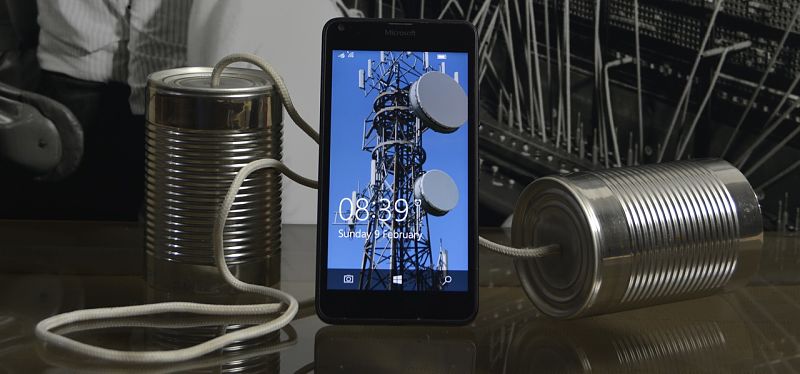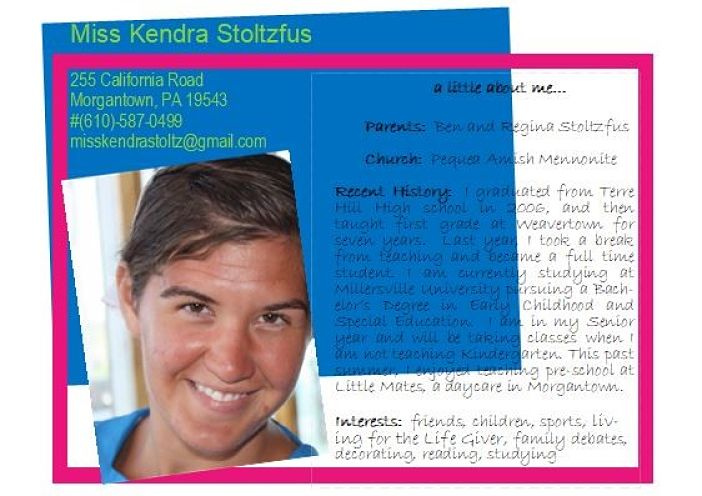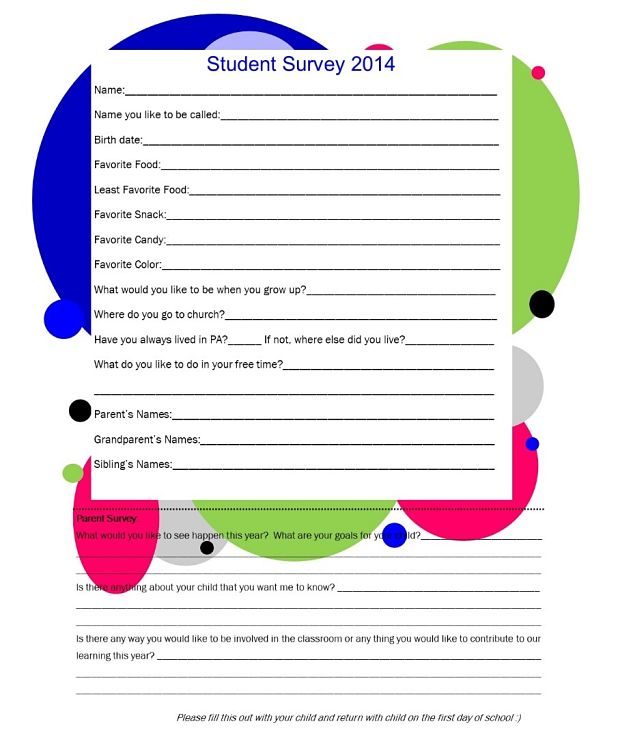Communicating Well from the Beginning
★★★★★
 Image by Jim Varga from Pixabay
Image by Jim Varga from Pixabay
Communication can make or break your school year. From the onset, you want to be intentional on communicating your expectations to your students and patrons as well as hearing their expectations, hopes, and dreams for the year. As your year progresses, you will build on the communication that you have established from the onset. If you have built a strong foundation of communication at the beginning of the school year, you will find it much less difficult to handle the behavior struggles, the academic challenges, and the unmet expectations that crop up at some point through each school term.
Near the beginning of August, you should send out a packet introducing yourself and your expectations for the year. Certainly, for any new student/family, this will be their first impression of you as a teacher. And for any students/families you have had previously, it will give them an idea of what will be the same/different about this school term with you.
Introduction of Yourself
- Contact information: your mailing address, email address, phone number
- Hobbies and interests
- Recent history
- Your parents and home church affiliation (so that they can play the Mennonite game and make some type of connection to you?)
I preferred introducing myself via a prayer-card-style so the parents could keep it on their fridge and remember me in prayer throughout the year.

Beginning of the Year Letter
My letter was formatted in the style of the weekly communication letters that I sent home throughout the school term. Ideas of what you could include in your beginning of the year letter:
- A list of recommended student supplies
- A list of supplies that the school provides for each student
- A list of what not to send along with your child (novelty erasers, pencil sharpeners, huge packs of crayons, etc.)
- Goals for the year (changes that you plan to make to the curriculum, an area of study that you wanted to focus on with the students based on the achievement test results of the previous year, ways you plan to grow as a teacher, etc.)
- The behavior management system (classroom expectations, 3-5 classroom rules, reward system, consequence system, and how I planned to communicate the student’s behavior to the parents)
- The microwave schedule (who gets to use the microwave first on which day of the week)
- An invitation to the parents to contribute to the classroom (recess volunteers? read one of their favorite stories to the children over story hour? do a craft or celebrate a holiday with the students? provide transportation? help supervise an extra-curricular activity? introduce the students to a parent’s hobby or talent?
Student/ Parent Survey
You have introduced yourself to them, so now is the time where you allow them to introduce themselves to you. I asked them to return the survey to me on the first day of school, and then I compiled the student section with the individual photo that I took of each student on the first day of school. Your students are wearing their best outfits and prettiest hair styles on the first day of school – that is the day you want to be snapping their photo! ? Each of the student’s picture and survey was put into a class binder and handed to visitors as they entered the classroom. Now visiting parents and grandparents no longer have to interrupt your teaching to question whether or not that child is so-and-so’s or if that girl with the brown braids and blue eyes is a sister to their third grader’s classmate.
The parent section of the survey is cut off and stored in the individual student’s file inside my filing drawer of my desk.
 The survey I used with my students/patrons.
The survey I used with my students/patrons.
The beginning of the school year is one of the most exciting times of a teacher’s career. We often spend a lot of time preparing our classroom, arranging desks or tables, decorating and designing bulletin boards, tweaking our curriculum, and thinking through procedures. This year, I am encouraging you to be intentional on how and what you communicate to your students and patrons in order to establish a foundation of communication that is easy to maintain in the upcoming months.
Related Items
Leave a Reply
Feedback